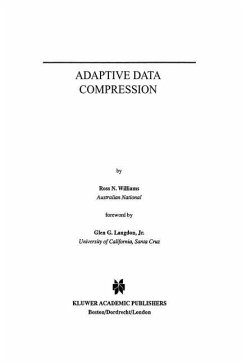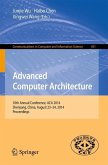Earth date, August 11, 1997 "Beam me up Scottie!" "We cannot do it! This is not Star Trek's Enterprise. This is early years Earth." True, this is not yet the era of Star Trek, we cannot beam captain James T. Kirk or captain Jean Luc Pickard or an apple or anything else anywhere. What we can do though is beam information about Kirk or Pickard or an apple or an insurance agent. We can beam a record of a patient, the status of an engine, a weather report. We can beam this information anywhere, to mobile workers, to field engineers, to a track loading apples, to ships crossing the Oceans, to web surfers. We have reached a point where the promise of information access anywhere and anytime is close to realization. The enabling technology, wireless networks, exists; what remains to be achieved is providing the infrastructure and the software to support the promise. Universal access and management of information has been one of the driving forces in the evolution of computer technology. Central computing gave the ability to perform large and complex computations and advanced information manipulation. Advances in networking connected computers together and led to distributed computing. Web technology and the Internet went even further to provide hyper-linked information access and global computing. However, restricting access stations to physical location limits the boundary of the vision.
Bitte wählen Sie Ihr Anliegen aus.
Rechnungen
Retourenschein anfordern
Bestellstatus
Storno








